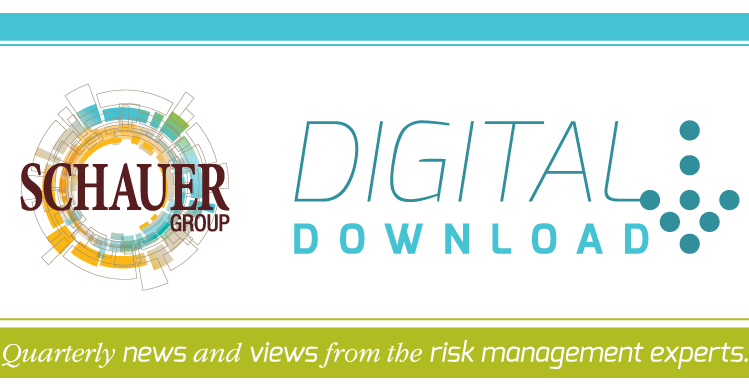Having sufficient financial resources to live out your retirement years in comfort requires careful planning.
It is never too early to start planning for retirement. Consider this retirement checklist:
▢ Sources of income, which may include the following:
- Social Security
- 401(k) or other retirement plans
- Employer pension plan
- Cash savings
- Annuities
- Stock portfolio
- Bonds
- Real estate
- Money market funds
- Part-time employment
▢ Develop a monthly budget and include allocations for special expenses such as medical bills, emergencies and cyclical expenses i.e., car and home repairs. Also include extras such as travel, hobbies, entertainment or providing support to adult children or aged parents.
▢ Determine how to manage your investments—you may wish to consider an investment advisor who is experienced in working with retirees.
▢ Monitor your portfolio to make sure you are comfortable with the level of risk and how your assets are allocated. Be sure you also have a withdrawal plan that works for your long term financial needs and that complies with IRS rules.
▢ Determine what benefits will be available to a surviving spouse, after the death of the first spouse.
▢ Look carefully at current and projected healthcare costs, including Medicare premiums, prescription drug coverage, and the cost of any supplemental plans.
▢ Consider whether to purchase long-term care insurance, if you do not have it already. How will you and your spouse or partner manage if one of you needs nursing care, assisted living, or inhome care? You may wish to consult with an attorney knowledgeable about means to lawfully protect assets in the event that you or your spouse needs long-term care.
▢ Consult with an estate planning attorney to determine how you wish to provide for a surviving spouse, children, etc. If you do not plan and prepare a will or, if appropriate, a trust, your assets will be distributed according to your state statute in a way that may or may not be consistent with your wishes.
▢ Be certain that your spouse, children, or someone else you trust knows where all of your important papers are so that he or she can identify IRAs, 401(k) plans, wills, life insurance policies, brokerage accounts, etc. In the event of your disability, serious illness or death, someone may need immediate access to funds to cover expenses, pay routine bills, etc.
▢ If you plan to retire before you are eligible for Medicare, determine what kind of medical insurance you will use. You may be eligible to continue an employer plan under COBRA or state “mini-COBRA.” Determine options under the Affordable Care Act.






